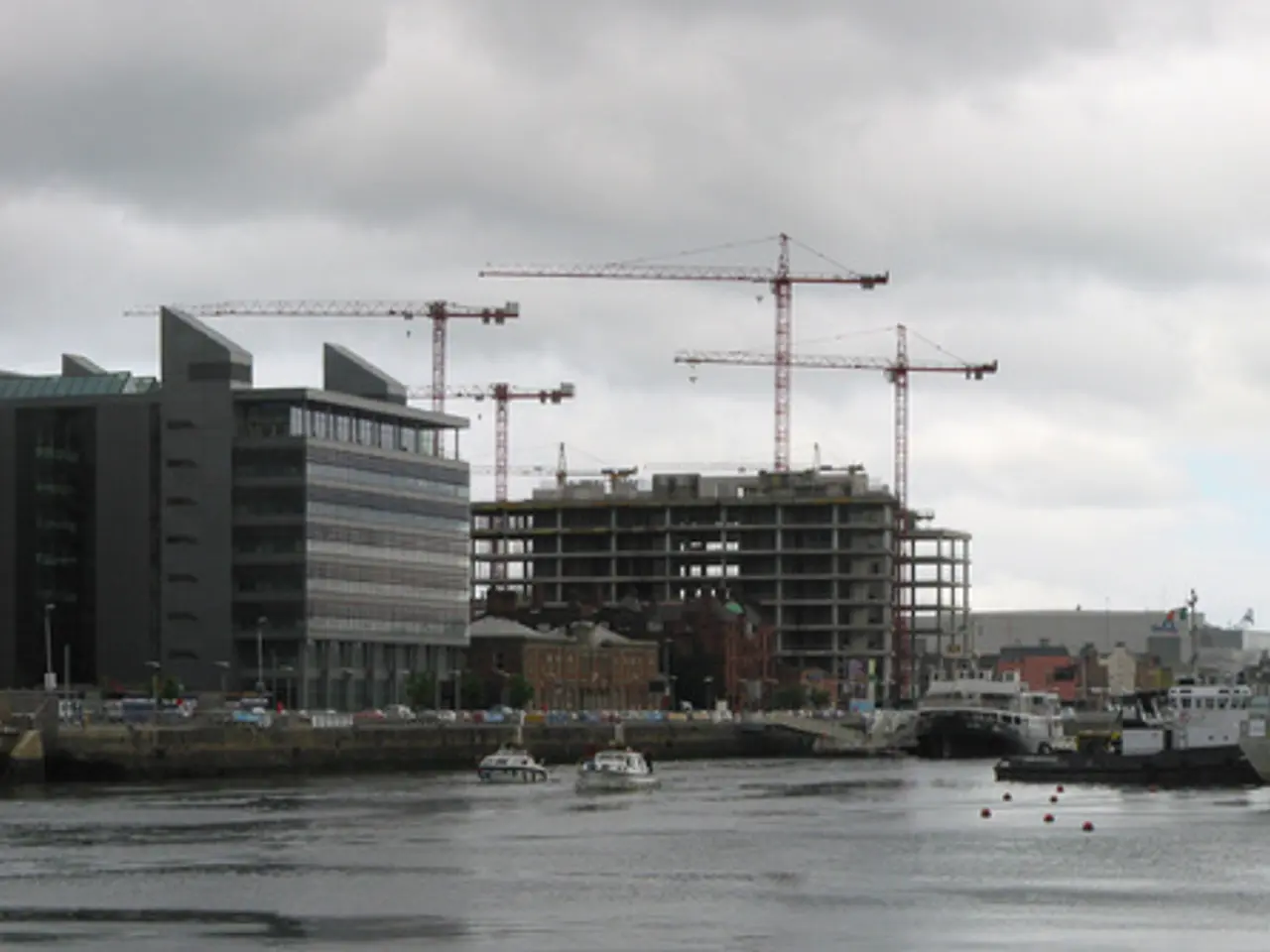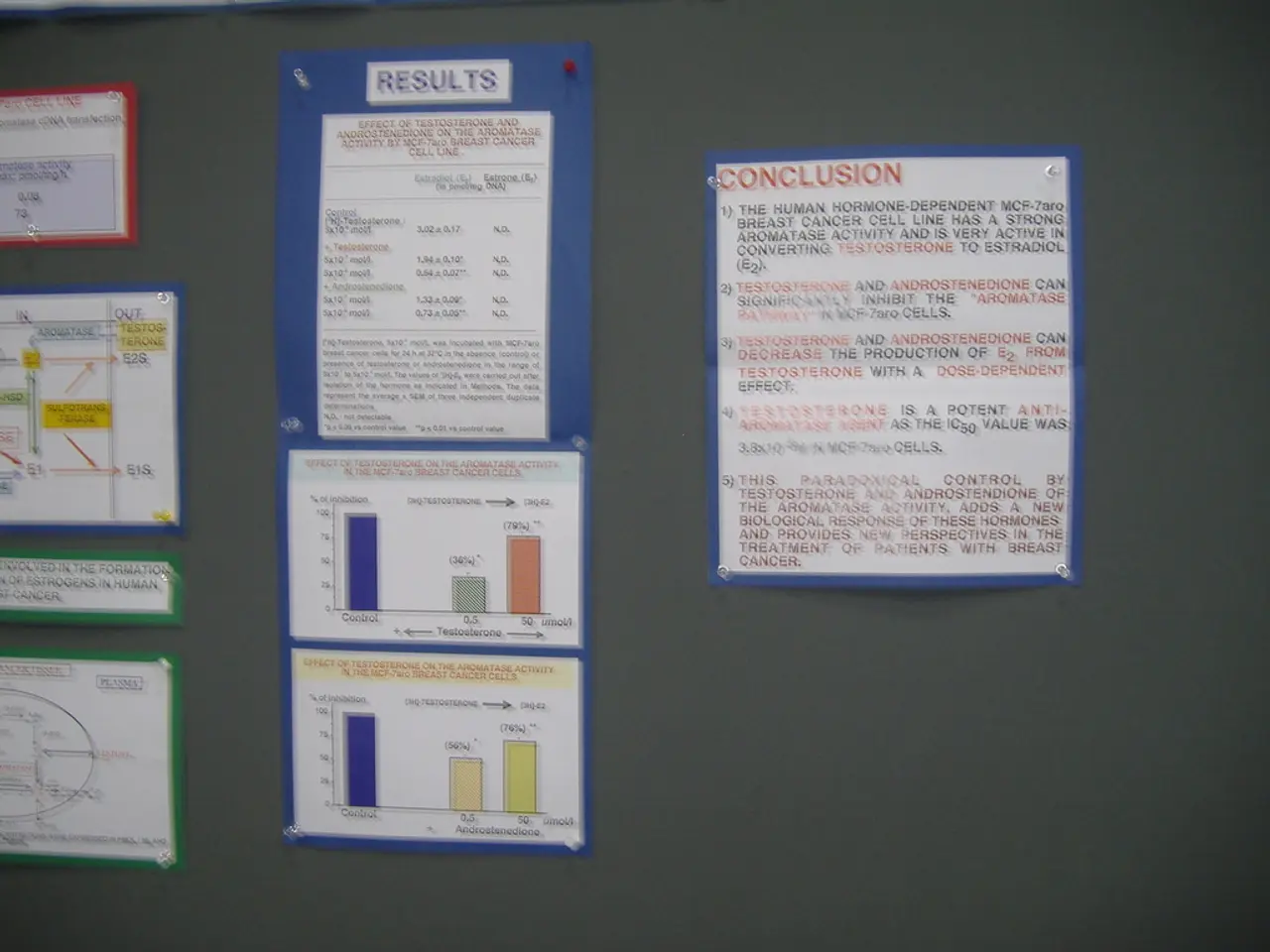Labour should consider placing Thames Water under a special administration regime, according to Alex Brummer's proposal.
In the ongoing saga of Thames Water's financial woes, a potential solution is taking shape in the form of a Special Administration Regime (SAR). This regime, designed to address the company's financial engineering issues and high debt burden, could mark a significant shift in the management of regulated utilities.
Thames Water, with a customer base of 16 million, finds itself weighed down by a staggering £16.8 billion of debt. The SAR proposal, if implemented, would provide a government-backed insolvency process, allowing for management restructuring, debt writedown, and continued service to customers. FTI Consulting is the frontrunner to oversee this process, should Thames Water enter the SAR.
The SAR is intended as a contingency if Thames Water cannot secure a private-sector bailout, such as a capital injection of around £5 billion and a debt write-off of approximately £12 billion as part of ongoing negotiations with lenders. This regime is aimed at stabilising Thames Water financially without a full collapse, protecting vital water services for millions.
If Thames Water enters the SAR, Northumbria Water, controlled by Hong Kong tycoon Li Ka-Shing, could be a potential contender for a deal. However, the Government is not currently considering this move, as the blockages are at a higher level.
The SAR could set a precedent for government intervention in essential utilities facing financial distress, potentially reducing reliance on purely private-sector solutions for critical infrastructure companies. It might catalyse broader regulatory and financial reforms to address excessive leverage and financial engineering in privatised utilities.
For investors, the SAR implies significant losses due to the planned debt write-offs and restructuring. However, it may preserve some value compared to a full insolvency. Investors in Thames Water would face increased uncertainty and risk, emphasising the need to scrutinise financial sustainability in infrastructure investments.
The ultimate opponents to putting Thames Water into a special administration regime are the Treasury, fearful of taking on new obligations onto the books. The report on the failing water industry by John Cunliffe, with 88 recommendations, does not provide a roadmap for Government decision-makers regarding Thames Water.
If the special administration regime fails to produce a buyer and a quick sale, the Government might take on new obligations related to Thames Water. Potential candidates for long-term infrastructure investors for Thames Water exist, but the private equity barons at KKR, who were considering a rescue of Thames Water through an infrastructure fund, pulled out at the last moment due to potential reputational risk.
CKI, a big investor in Britain with interests in power, gas networks, and the biggest container port in Suffolk, has no demand for regulatory exemptions from the SAR. The Government, which is already taking control of the railways and rescuing British Steel, is hesitant to be seen as prioritising public ownership over market solutions for Thames Water.
In summary, the SAR is a rescue framework aimed at resolving Thames Water’s massive debt by restructuring with government oversight to protect service delivery. It also signals potential systemic shifts in how financial issues in regulated utilities are managed, with notable impacts on investors and the industry’s future financial governance.
- The potential implementation of the Special Administration Regime (SAR) for Thames Water could indicate a broader trend in the finance industry, perhaps encouraging government intervention in other essential utilities experiencing financial distress.
- The SAR negotiations highlight the significant risks and uncertainties that investors face when considering infrastructure investments, urging them to closely examine the financial sustainability of such ventures.
- The Government's reluctance to prioritize public ownership over market solutions for Thames Water, even with the SAR in place, suggests that the political landscape may still favor business and market-based approaches in the general-news arena.




